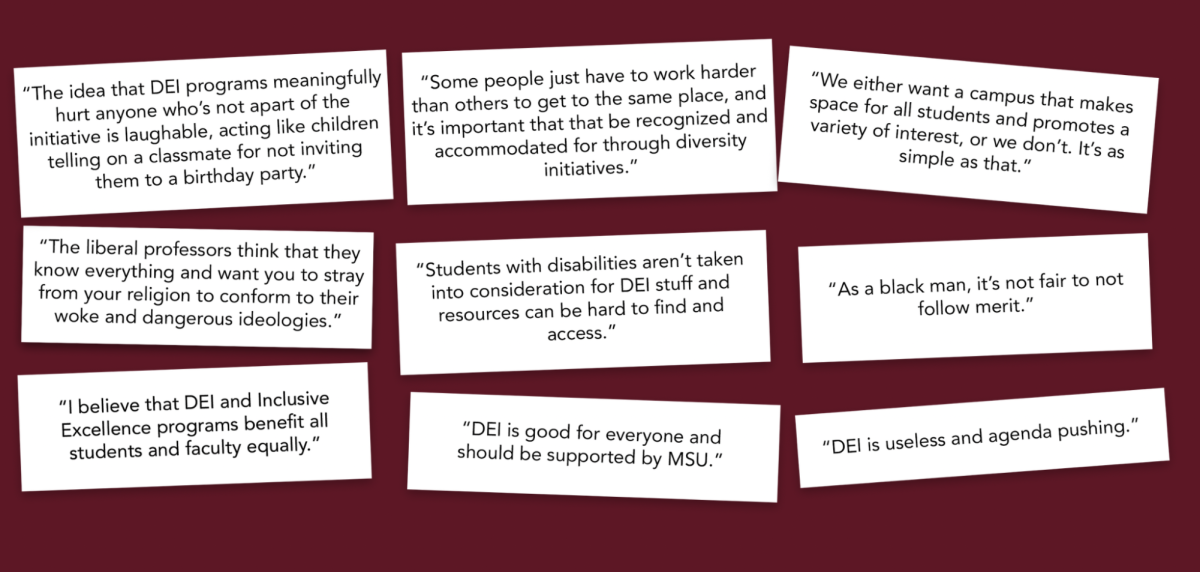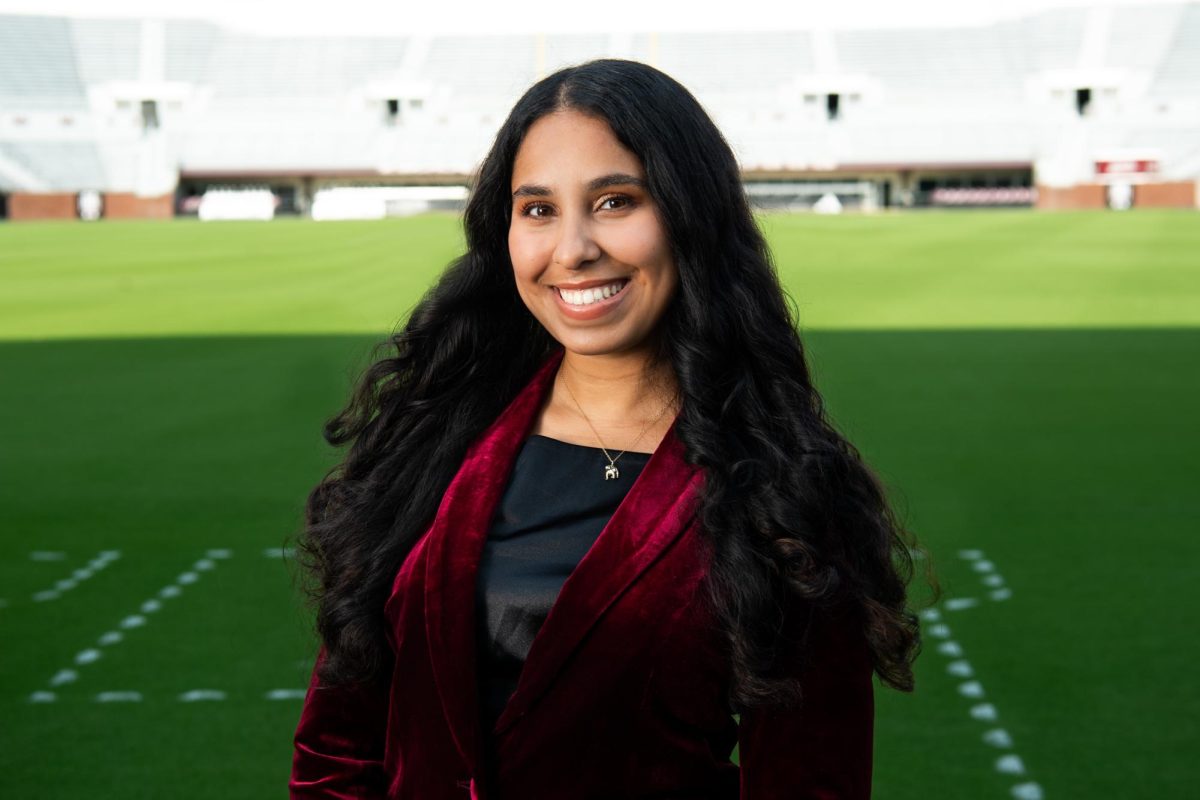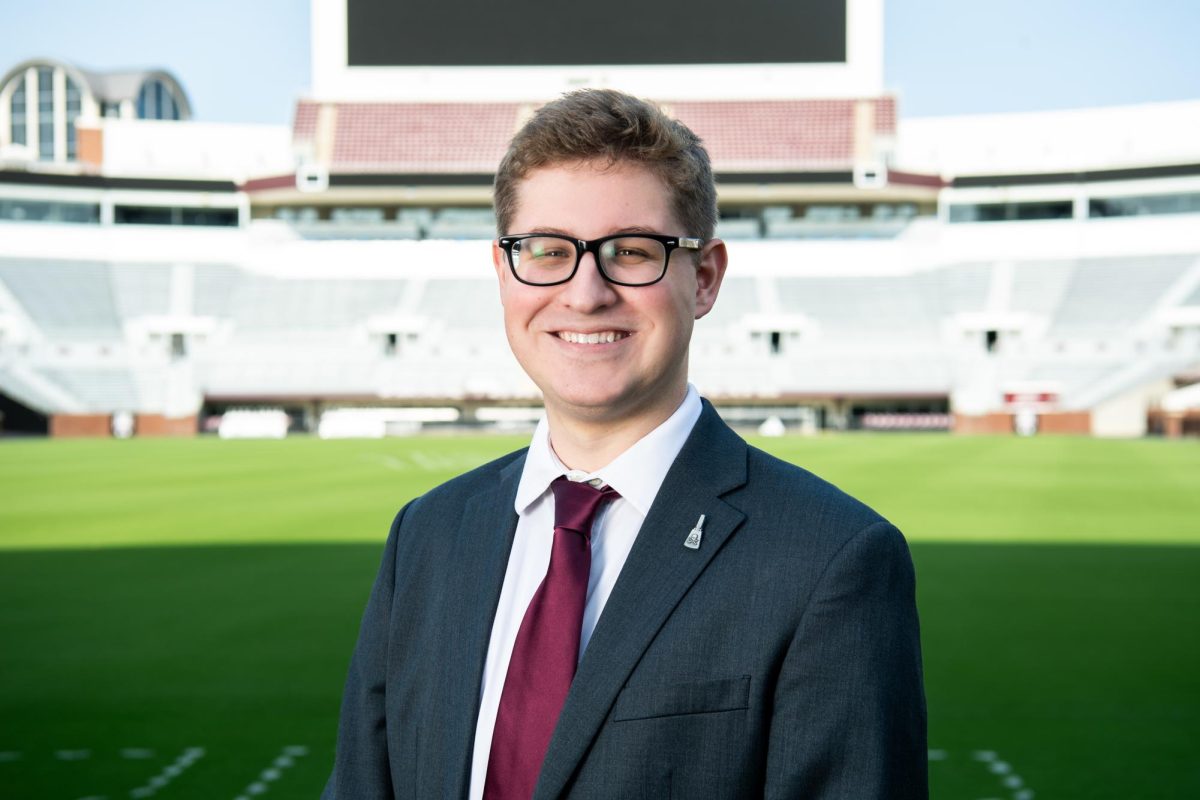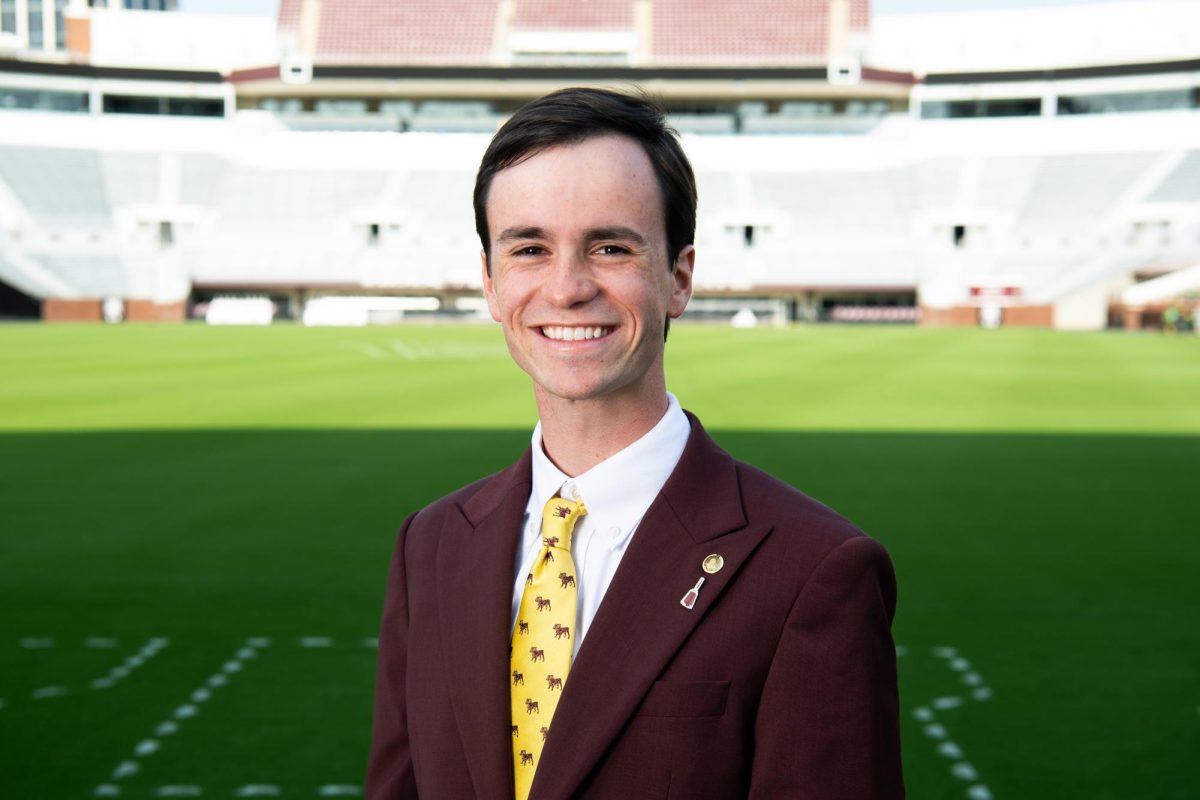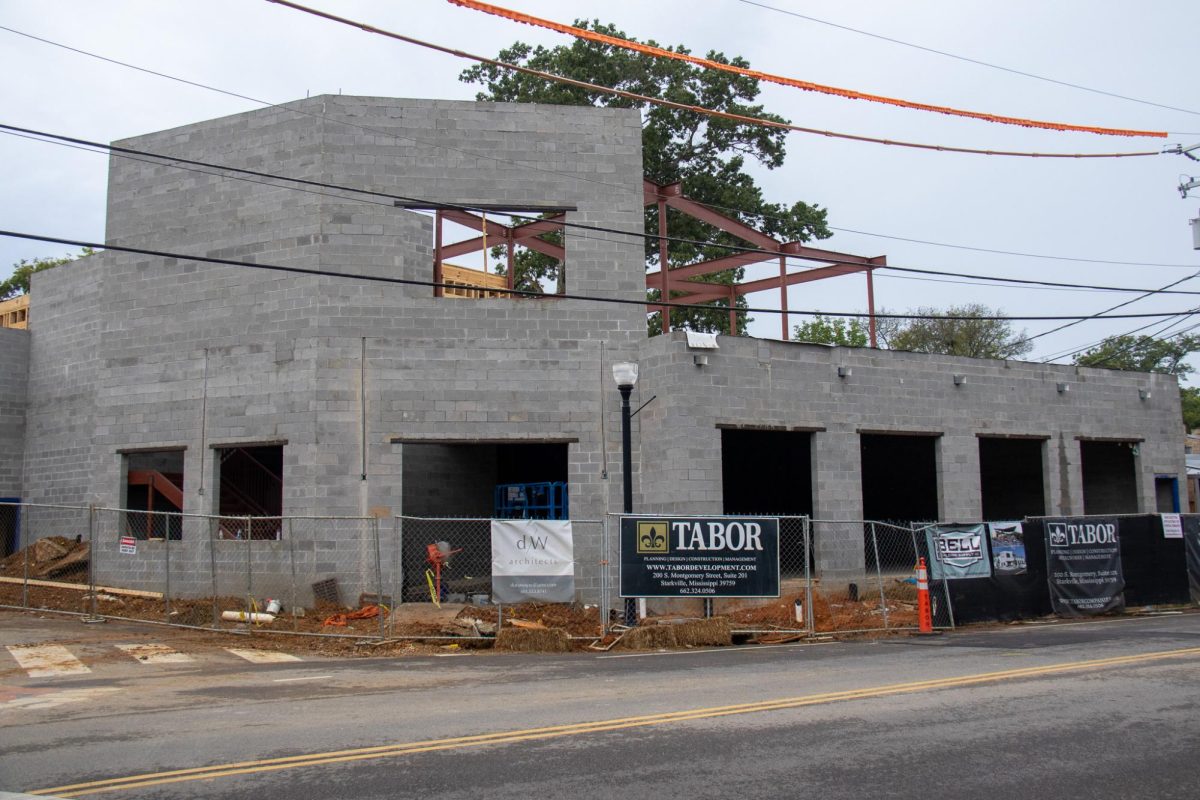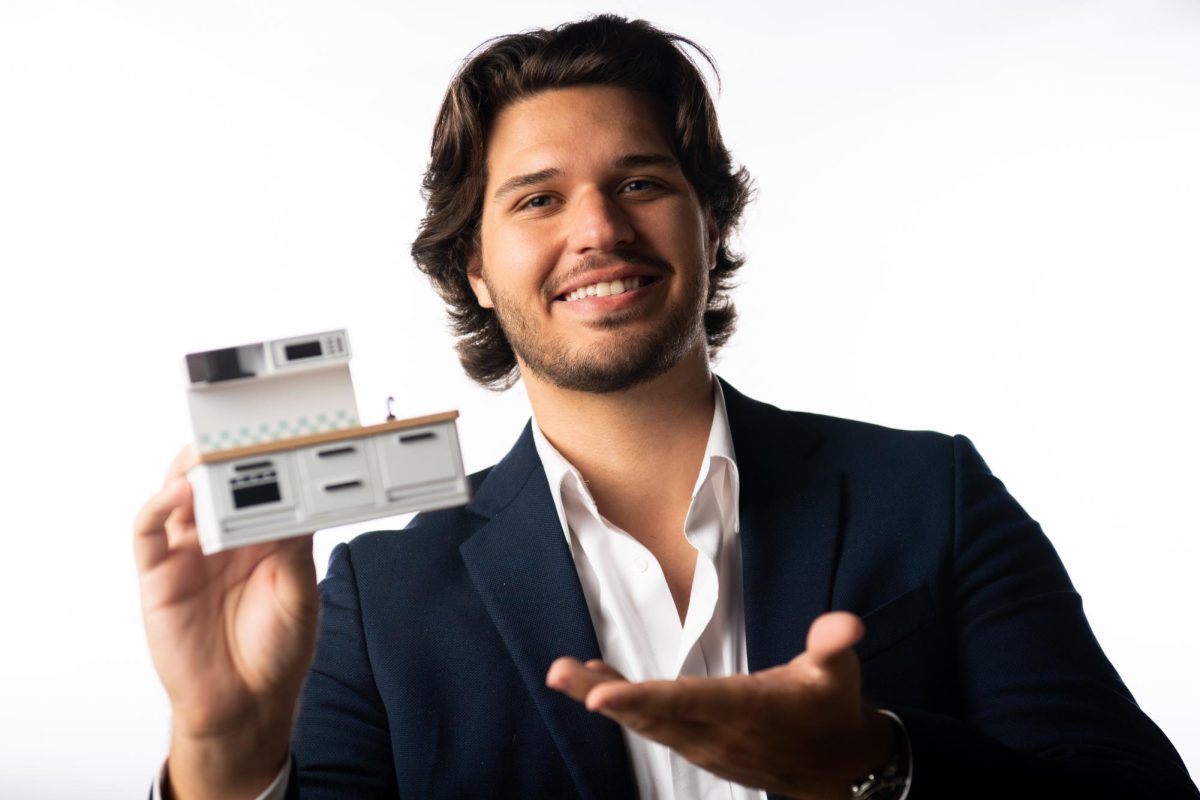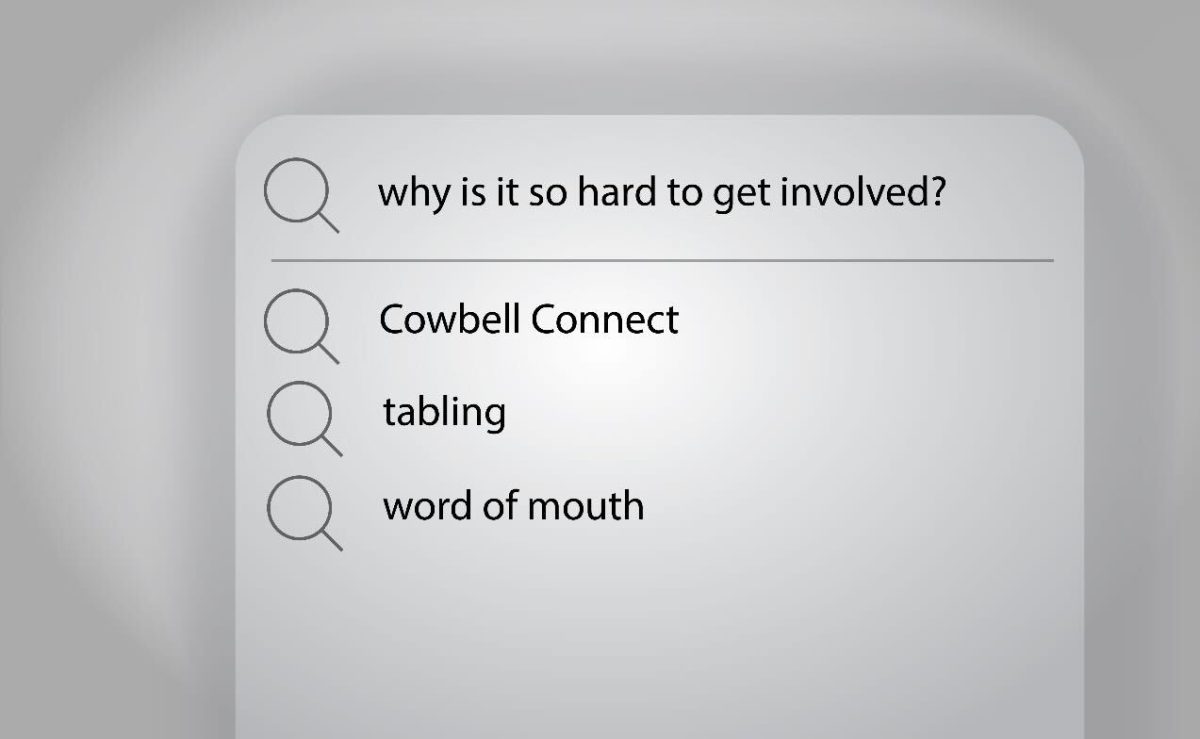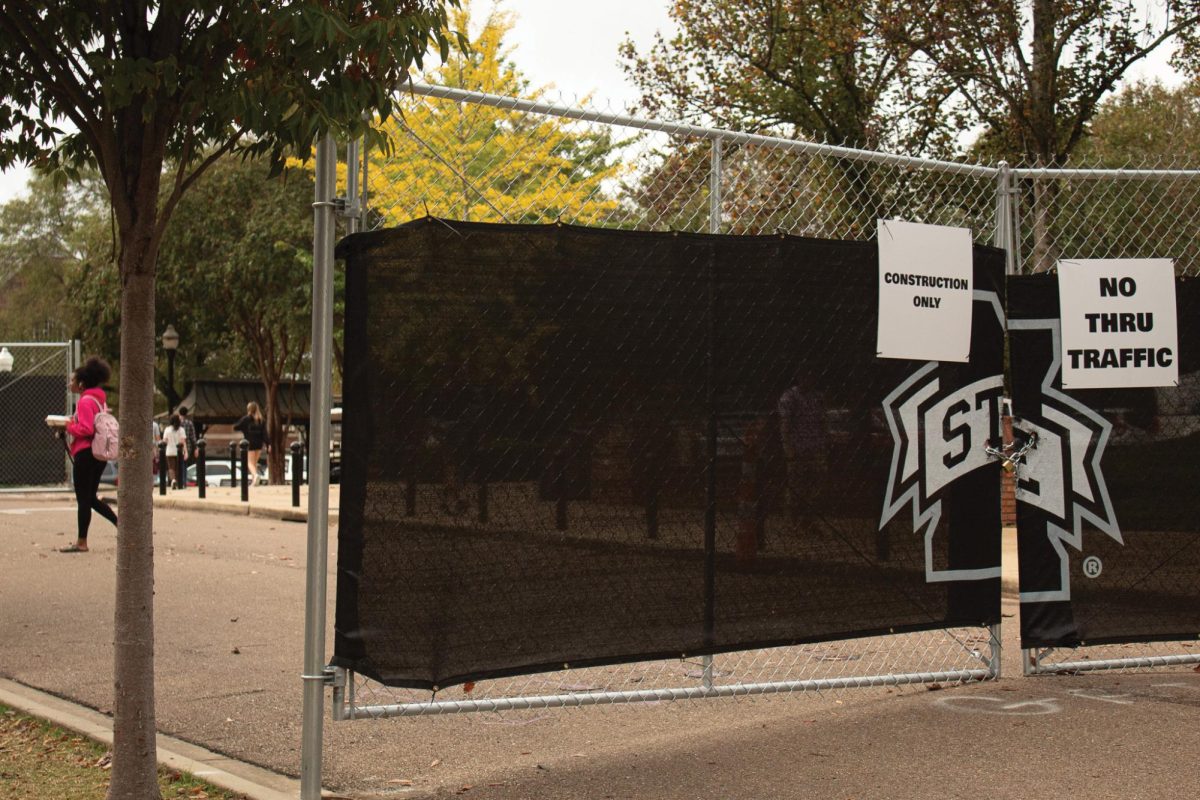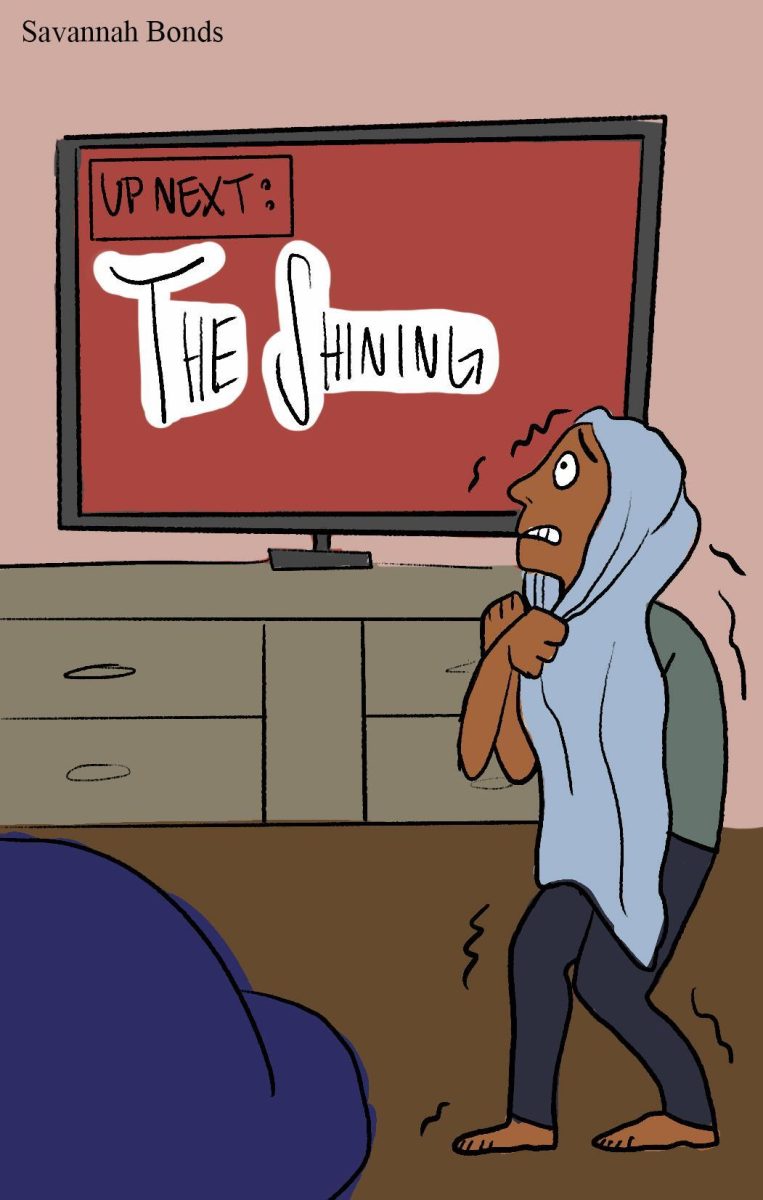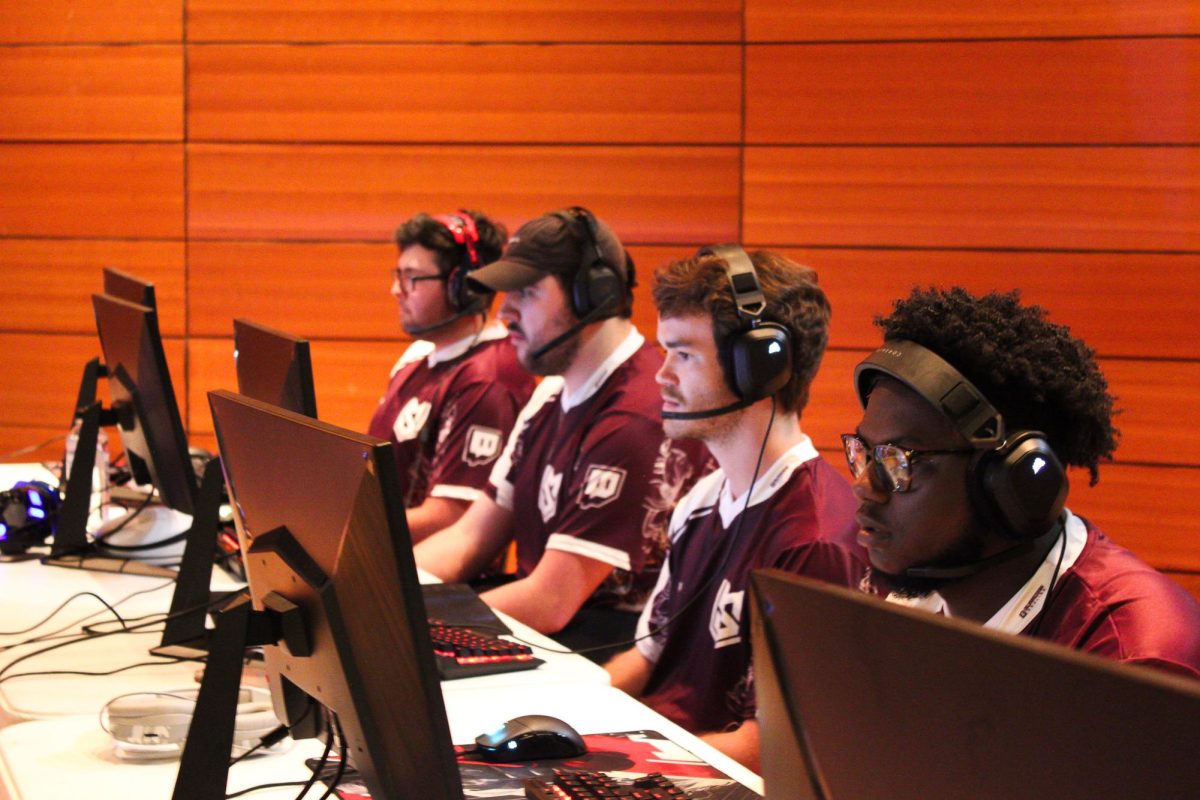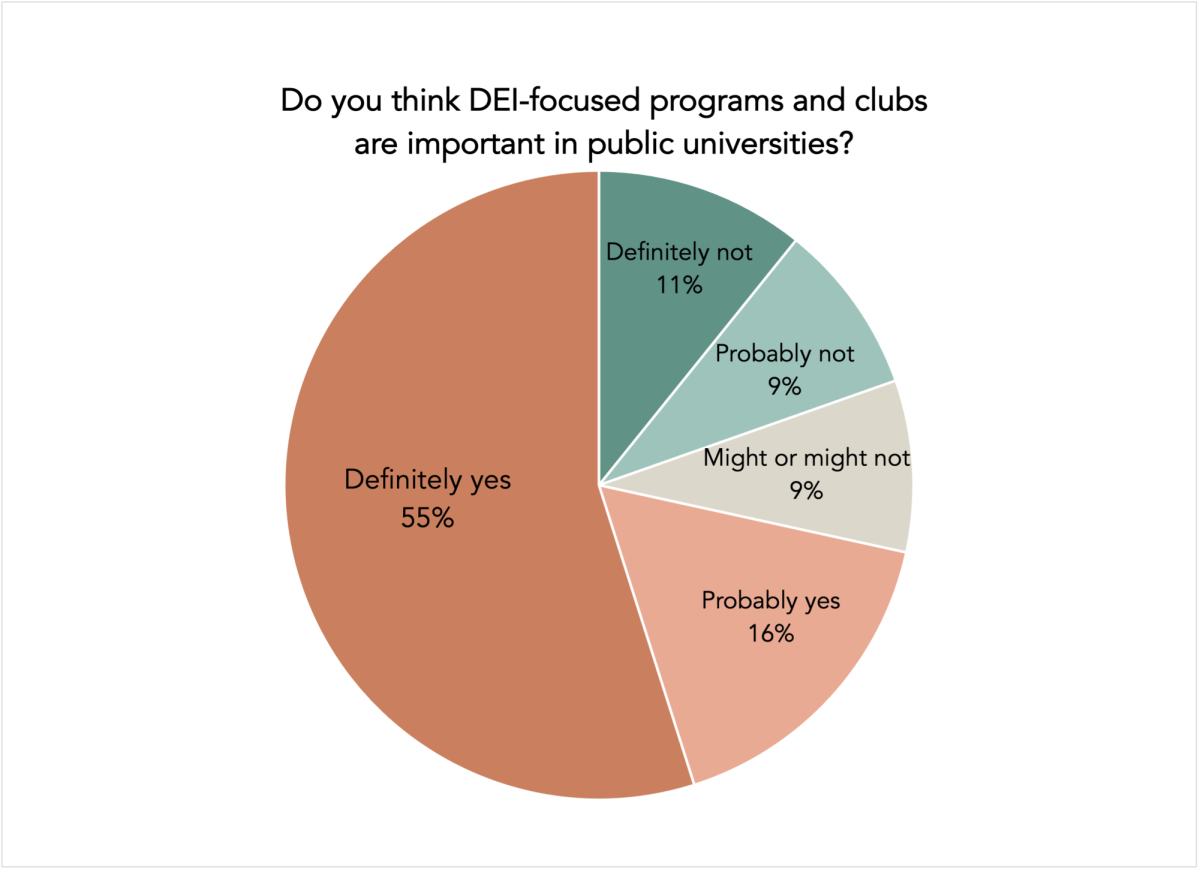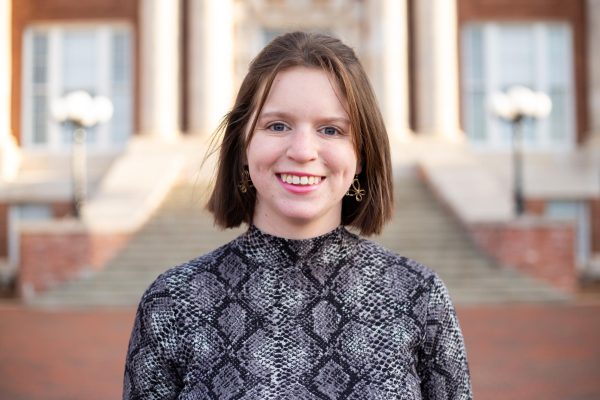Mississippi State University students and faculty are divided over the future of diversity, equity and inclusion (DEI) programs at MSU, according to a recent survey distributed by The Reflector. As DEI efforts in public universities face increasing scrutiny from policymakers across the U.S., student and faculty perspectives highlight DEI’s impact.
Of the 205 students and 39 faculty members who responded, 74% expressed support for the continuation or expansion of DEI programs at MSU. However, 26% said they think DEI programs at MSU divide students, and 18% said they think DEI policies restrict free speech at MSU.
The survey, which was sent to 62 club and department heads at MSU and posted on social media, provides insight into how MSU students and faculty feel about DEI and its different impacts on campus life. The survey was available from Oct. 2 through Nov. 4.
Some feel that MSU professors and programs are pushing “woke” ideology
One finding of the Reflector’s survey is that 23% of respondents felt like a program or club at MSU was definitely or probably trying to force them to agree with controversial concepts defined in Mississippi House Bill 127, such as the idea that race, color, nationality or sex can determine a person’s moral character.
However, of the 57 who said they felt like MSU DEI was trying to force them to agree with those concepts, 72% said they had not participated in MSU’s official DEI programs like the Holmes Cultural Diversity Center and TRiO Student Support Services, which are hosted through the Division of Access, Opportunity and Success (AOS).
Those figures hint that much of the perceived indoctrination is not happening through official MSU DEI programs but rather through professors who believe in the ideology.
One anonymous respondent said they felt like professors were trying to convince them to abandon their personal beliefs.
“The liberal professors think that they know everything and want you to stray from your religion to conform to their woke and dangerous ideologies,” the student wrote.
Another student respondent said they feared they would fail a class if they did not agree with the professor’s racial ideologies.
However, those who said DEI forces these ideas are in the minority. Over half of the respondents said they have never felt like an MSU program was trying to force any of the concepts defined on them. One survey respondent said that DEI is not a prominent part of MSU life.
“DEI at State is a minimally invasive philosophy. Is it dumb in my opinion? Yes. Is it also extremely rare to hear about it day to day? Also yes,” they wrote.
On X, formerly known as Twitter, State Auditor Shad White has repeatedly accused DEI programs in Mississippi public universities of trying to brainwash students with “dangerous ideology,” calling DEI programs “indoctrination factories.”
Sid Salter, MSU’s chief communications officer, countered White’s claims in the MSU Robert Holland Faculty Senate meeting on Oct. 4. Minutes from the meeting report that Salter said that White’s allegations of “woke indoctrination” by MSU programs and professors are false.
“The real problem is the notion that our students would tolerate it or that their families would tolerate it, which does not reflect reality,” Salter said, according to the meeting minutes.
Restricting free speech
In the survey, 18% said that DEI policies restrict free speech on campus. However, 38% said they enhance free speech and 41% said they have no impact.
One respondent said they think DEI enhances free speech by encouraging different perspectives and ideas.
“Educational institutions should be a marketplace of ideas. Claims that the university waste money on ‘minority’ students are meant to divide our campus and promote hate. These individuals also ignore money spent on groups like Greek life, athletics, specific majors (ex. engineering),” they wrote. “Are we to believe that funding Black student organizations is ‘limiting free speech’ but funding Greek life has no impact on students?”
Concerns that DEI programs encourage division
Another major concern regarding DEI is that minority-focused programs foster division.
26% of respondents to the Reflector survey said they felt that DEI programs at MSU definitely or probably divide students.
“We cannot possibly benefit by participating in identity politics unless the idea of benefiting is furthering divide and sowing conflict between groups based on arbitrary things such as skin color,” one respondent wrote.
However, Claire Johnson, a transgender woman and MSU junior majoring in computer engineering, said that any division created between minority groups and the rest of society is a side effect of pre-existing prejudices such as racism and homophobia.
“In terms of the DEI inclusivity programs, as long as inequality is here and people judge other people, those are not going to go away, and those are going to serve a very good purpose,” Johnson, who is from Magnolia, Mississippi, said.
Jordan Turk, who has cerebral palsy, is a junior majoring in communication and president of the MSU Disability Rights, Education, Activism and Mentoring (DREAM) organization. According to Cowbell Connect, DREAM is an advocacy program for disabled students where they can find support with each other.
Turk echoed Johnson’s statements, stating that minorities, especially those who are disabled, often already experience social isolation created by their obvious differences from the rest of society.
Turk said that a bill banning DEI in Mississippi would be a huge blow to minority communities and that he thinks those attacking DEI often do not understand how it actually manifests within MSU.
“It just seems to be of people with very fragile and unimaginative minds who don’t know what DEI means,” Turk said. “They think it means elevating other races over. They think it means elevating minorities over non-minorities as some sort of step towards totalitarian rule.”
Turk also pointed out that most minority-focused student organizations at MSU are open to allies and people outside the minority population.
AOS Vice President Boddie-Forbes made another point concerning allegations of DEI creating division and disunity, questioning whether those who say minority clubs make them feel excluded feel the same about other groups on campus.
“Why is the perception that they cause disunity?” Boddie-Forbes said. “We have a Student Veterans Association here. Do we feel like that because there are just veterans that find community with each other, that they cause disunity for other people who have not served in the military?”
Boddie-Forbes said AOS uses statistical data to assess what student populations require additional support to complete their degrees. These groups often include Pell Grant recipients, first-generation students, Black students and Latino students.
According to the Integrated Postsecondary Education Data System (IPEDS), only 47% of first-time degree-seeking Pell recipients who enrolled at MSU between 2014 and 2015 completed a degree within six years, compared to 72% of non-Pell recipients.
Similar inconsistencies exist in degree completion between races. Compared to 70% of white students, 44% of Black or African American first-time degree-seeking students and 57% of Hispanic or Latino students who enrolled in MSU in 2016 completed a degree within six years, according to IPEDS.
In 2023, State Auditor White requested data on MSU’s DEI spending. Along with the data, MSU sent a letter from MSU President Mark Keenum emphasizing the importance of diversity in strengthening MSU as a whole.
“As I frequently say when I am visiting with our students, we are a better and stronger institution because of our diversity,” Keenum wrote. “Diversity empowers and enriches any institution and the individuals within it. It gives us the opportunity to communicate, to know one another, and to displace fears and prejudice with understanding and respect.”
As the debate over DEI programs intensified at MSU and across the nation, the future of DEI initiatives remains uncertain.



